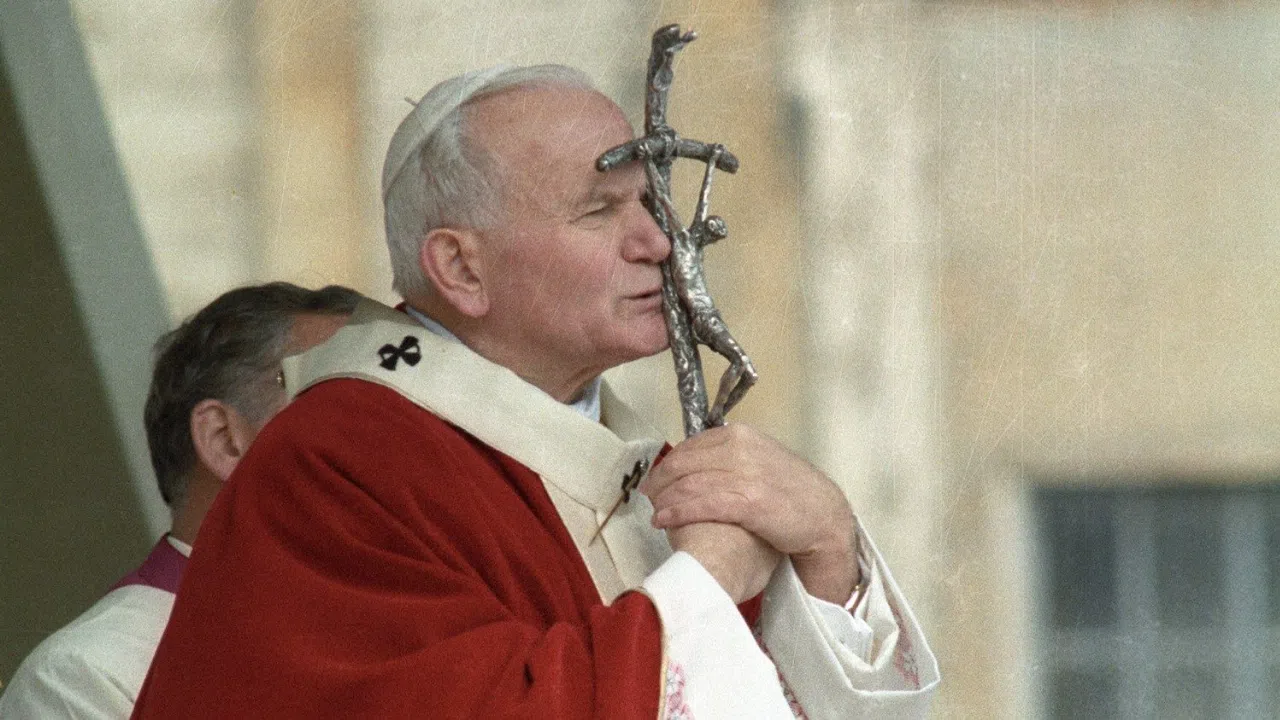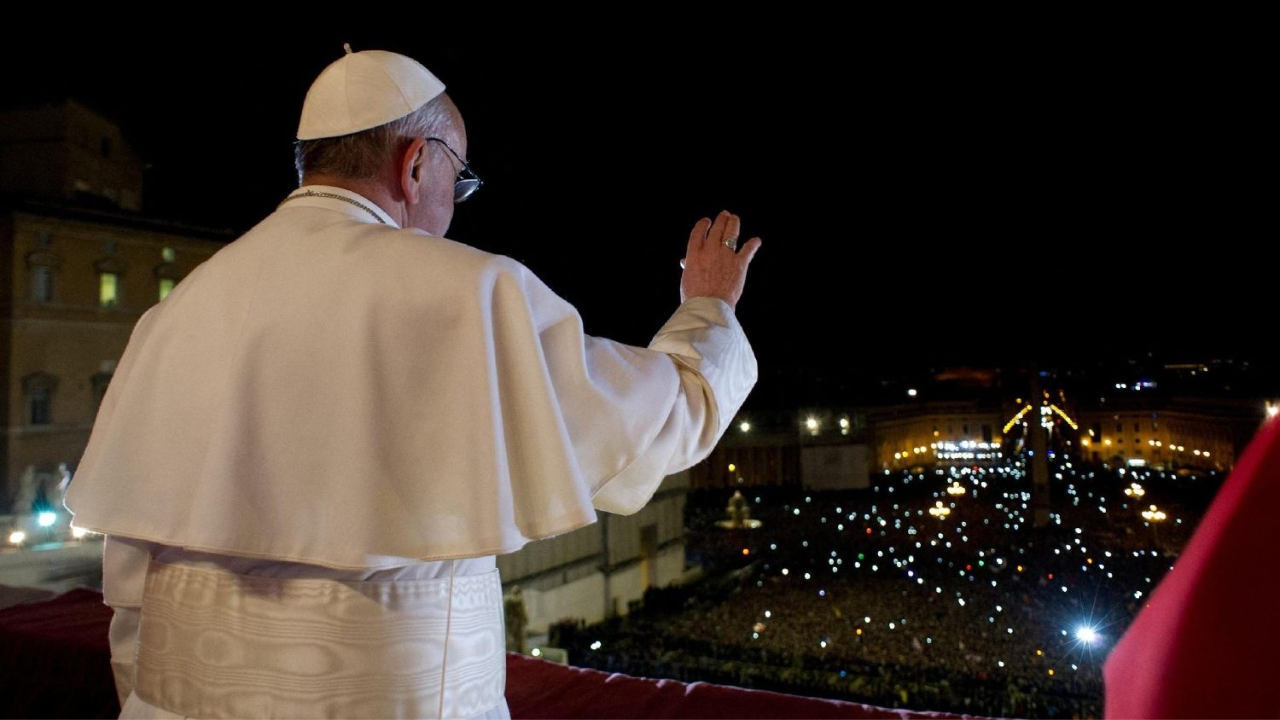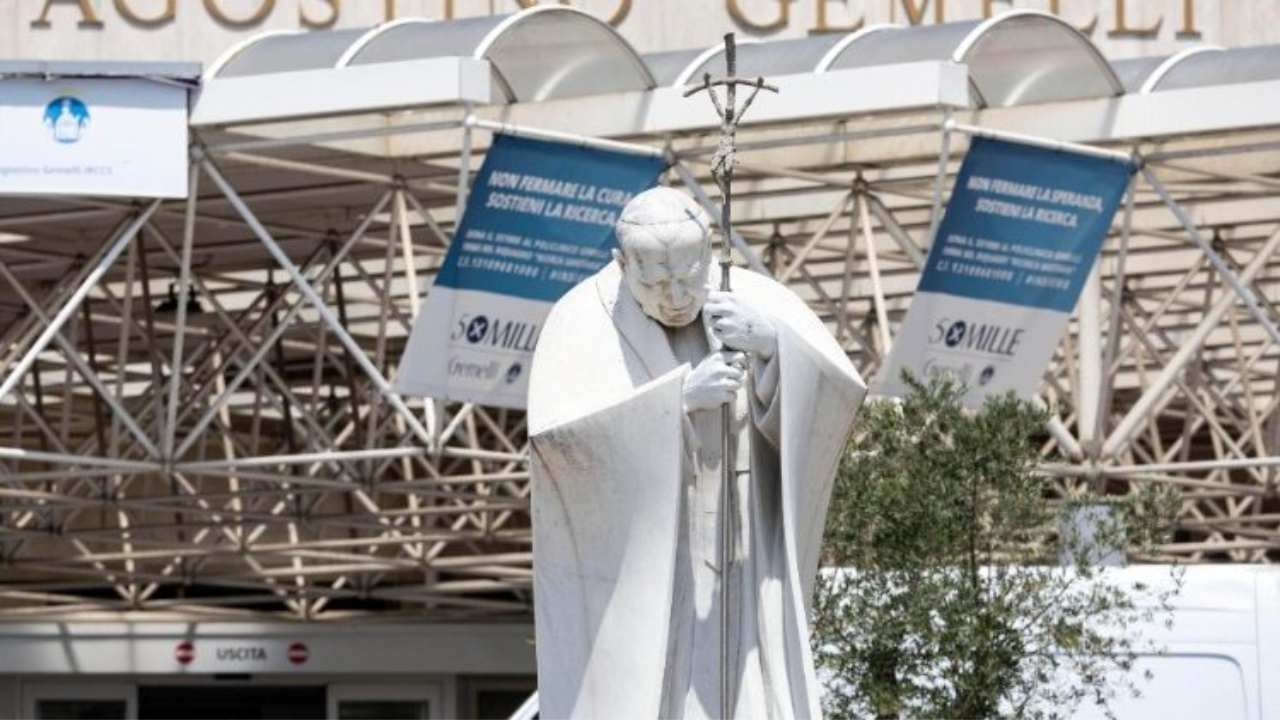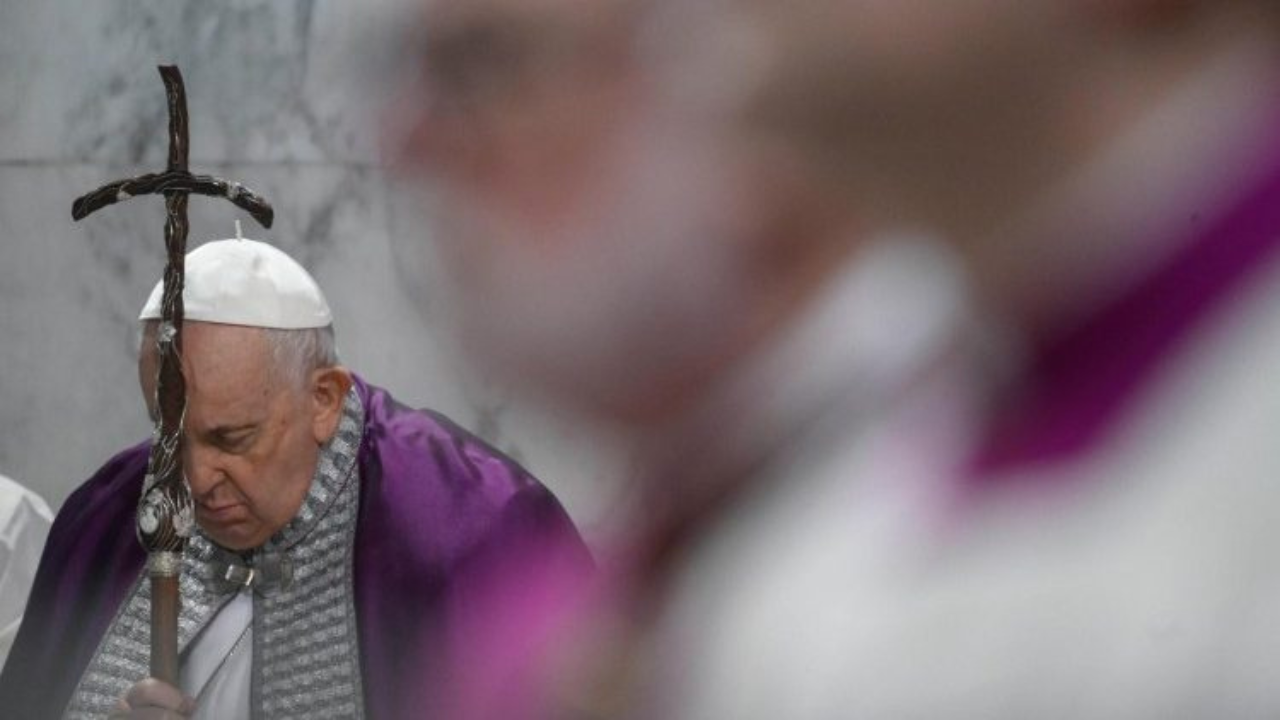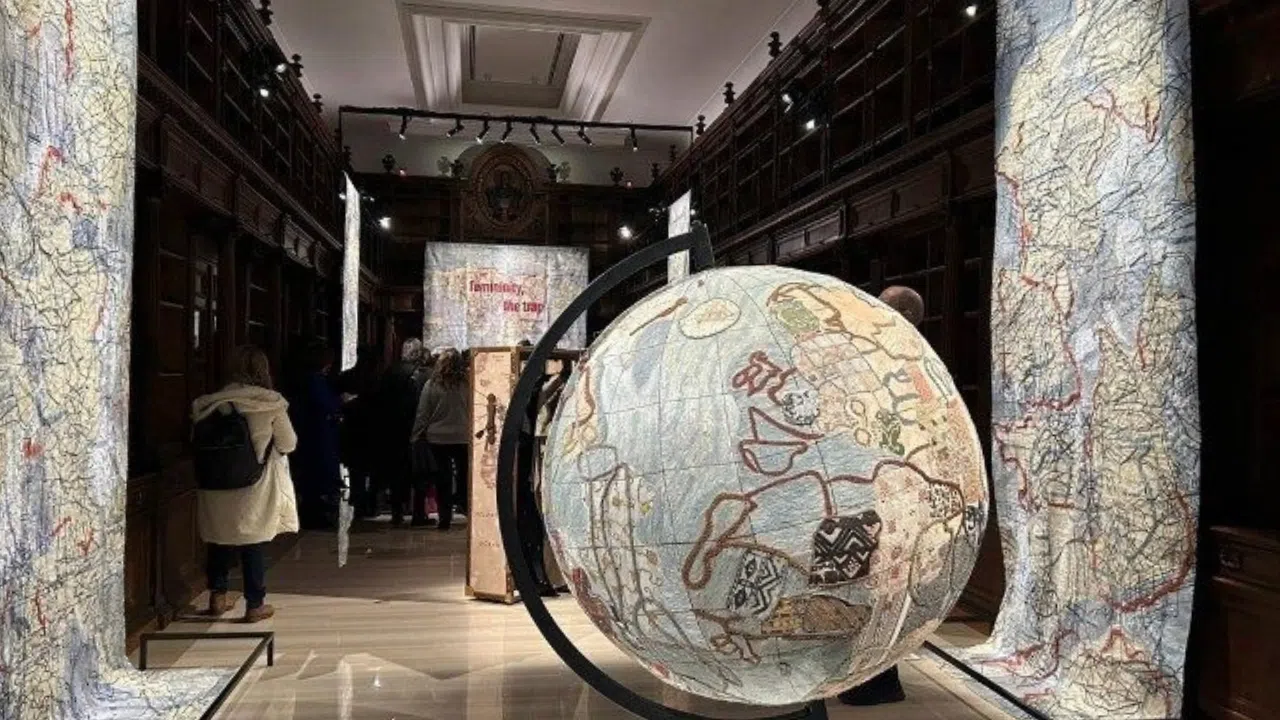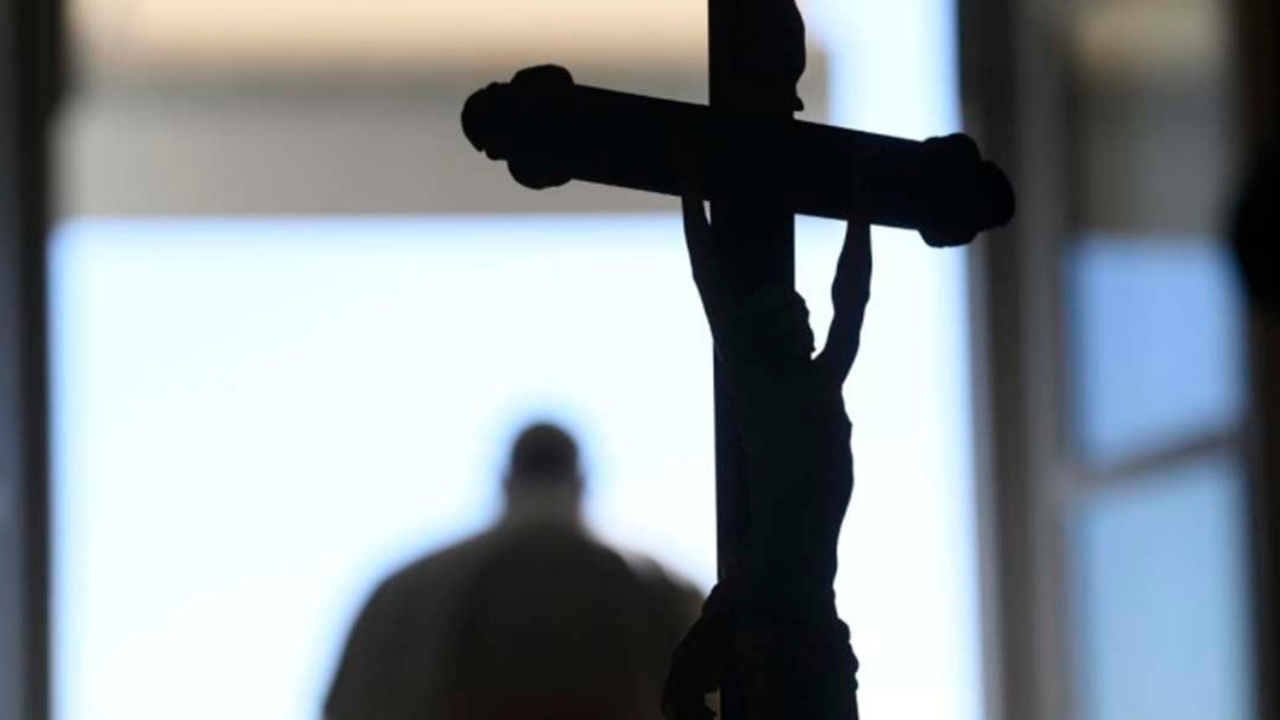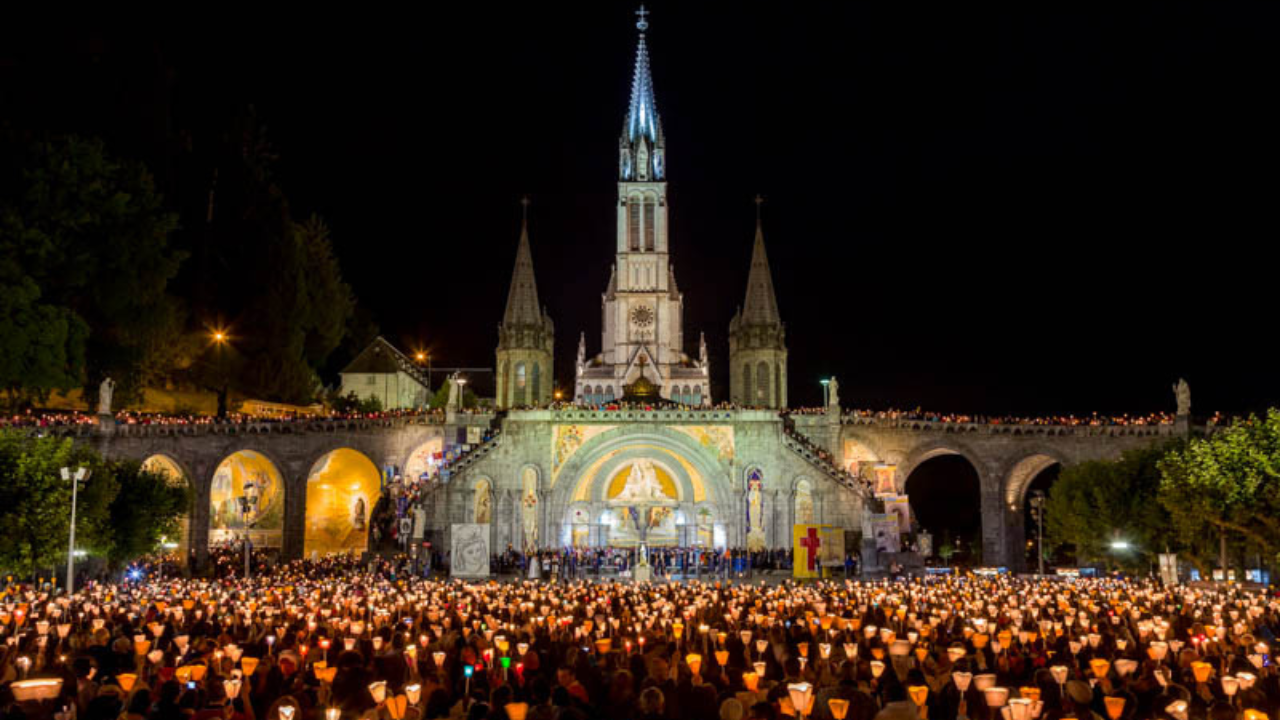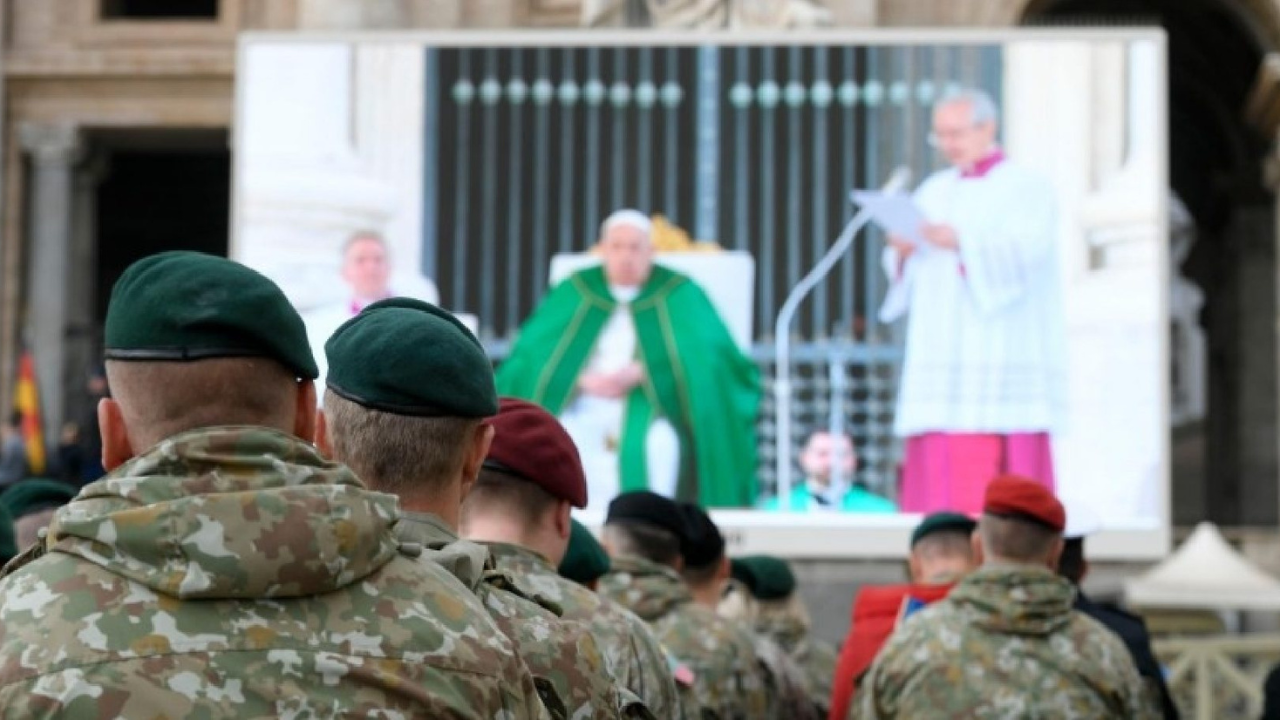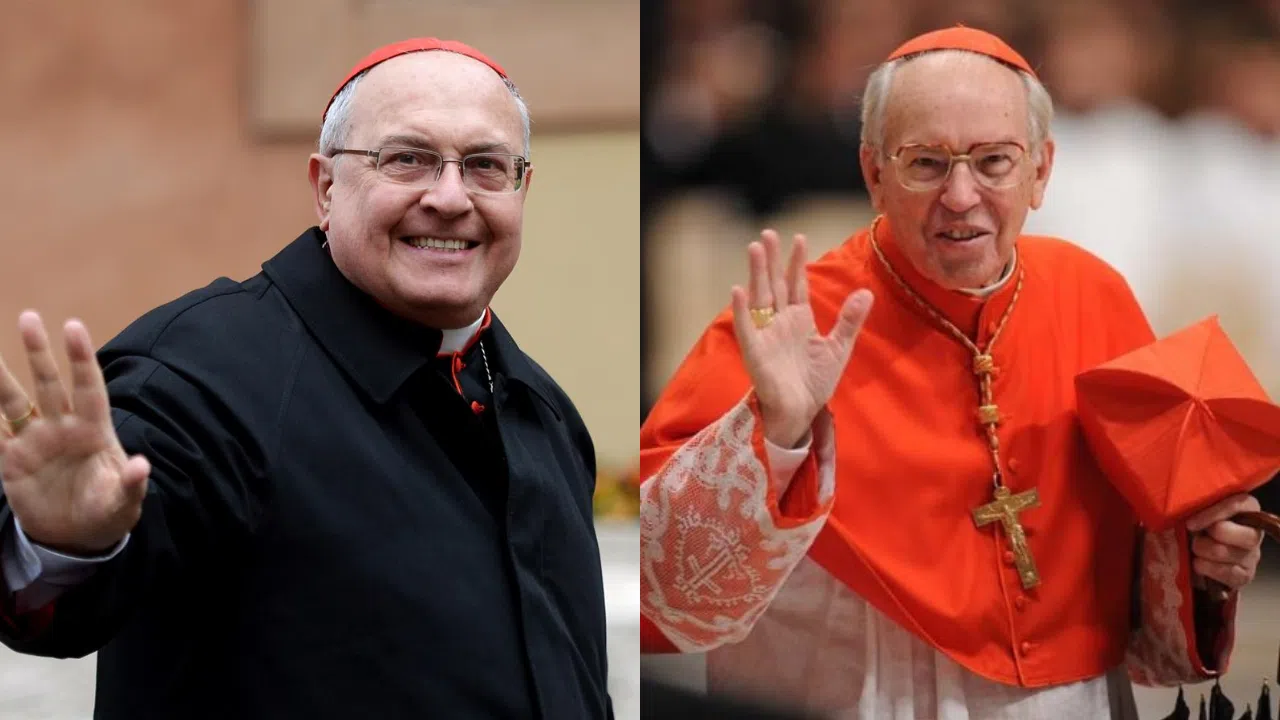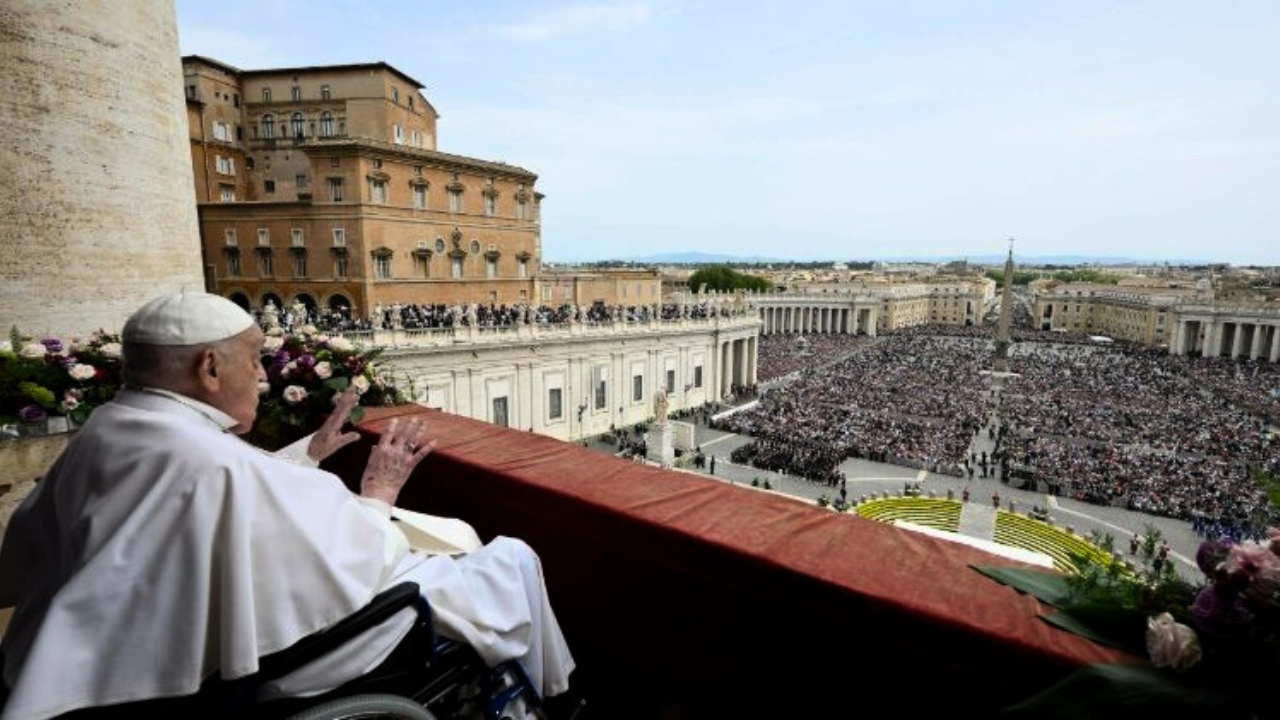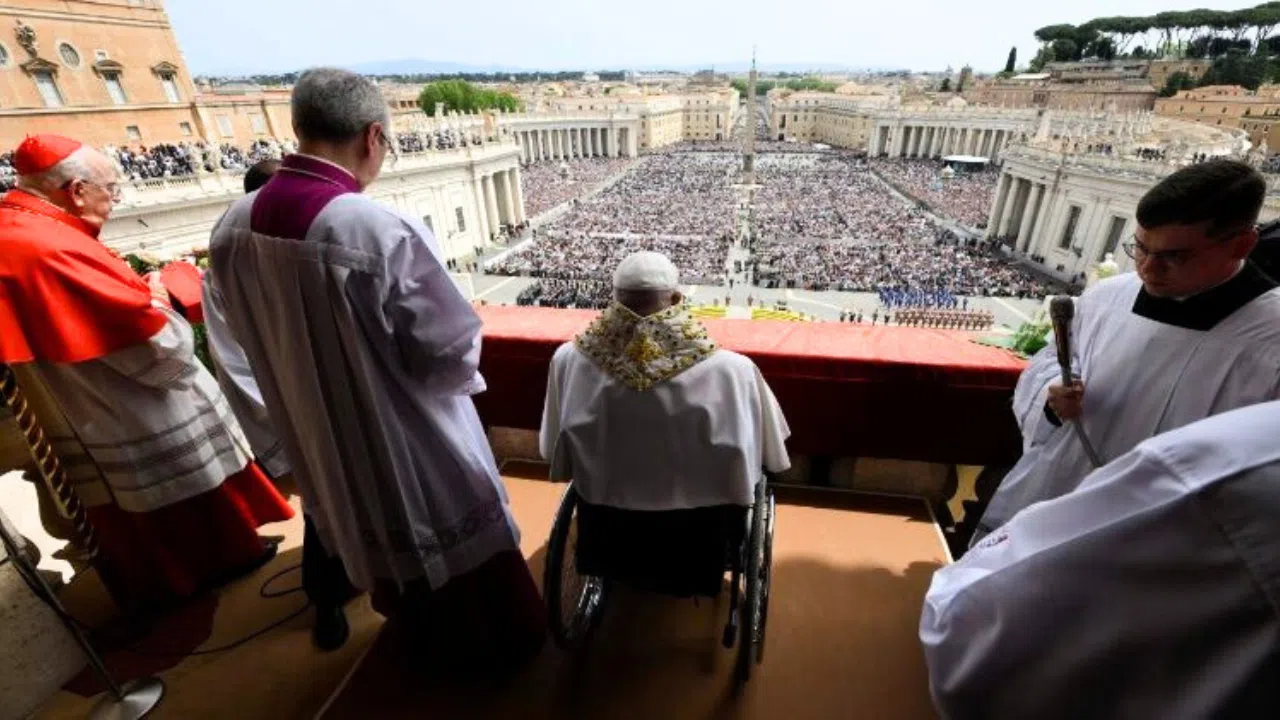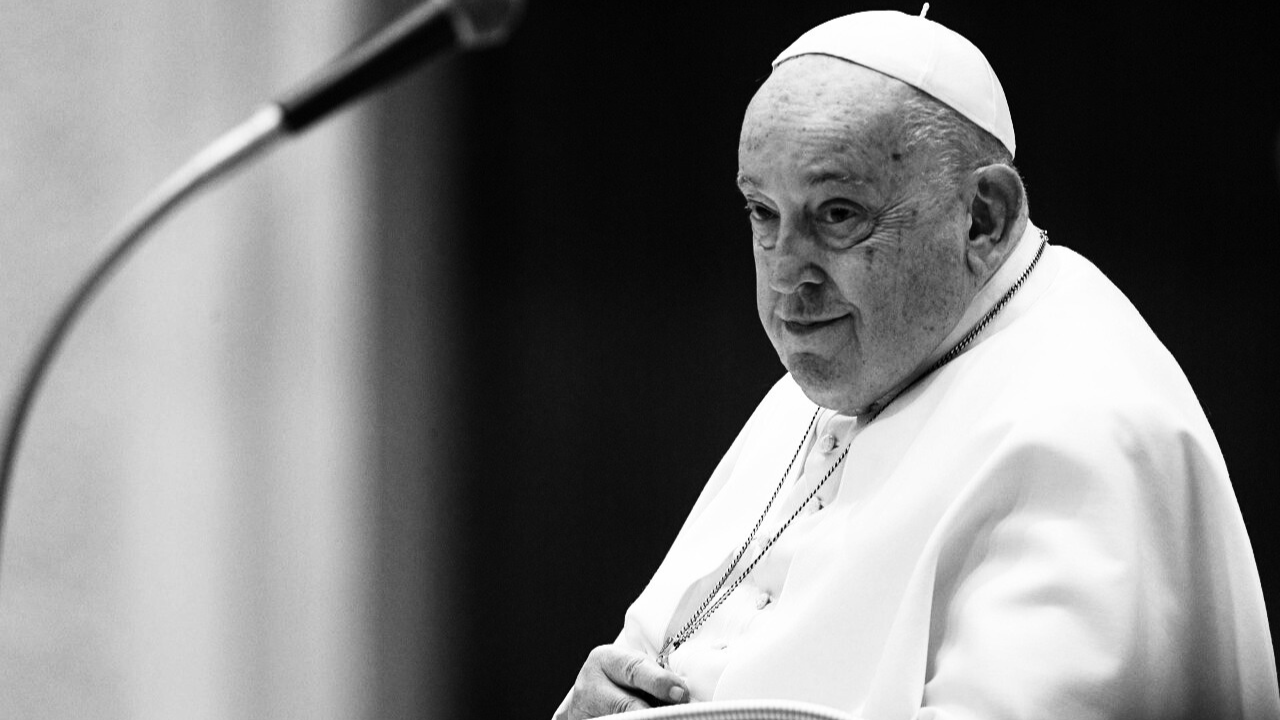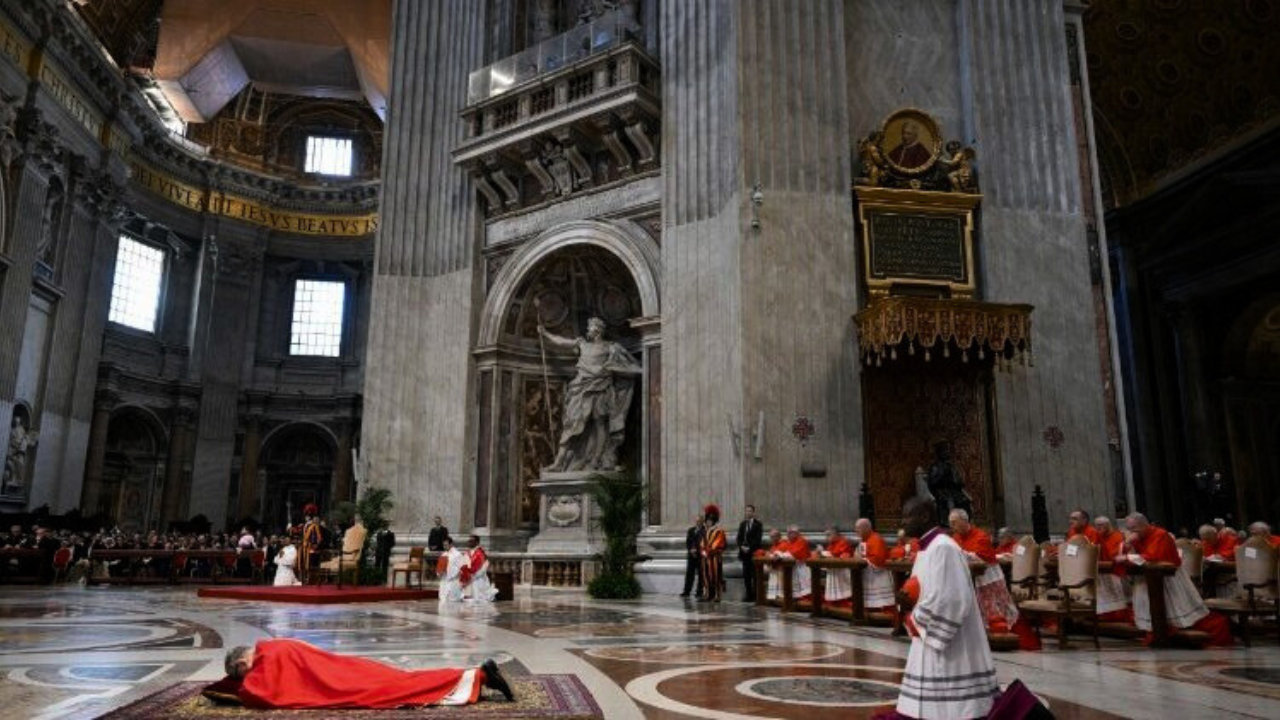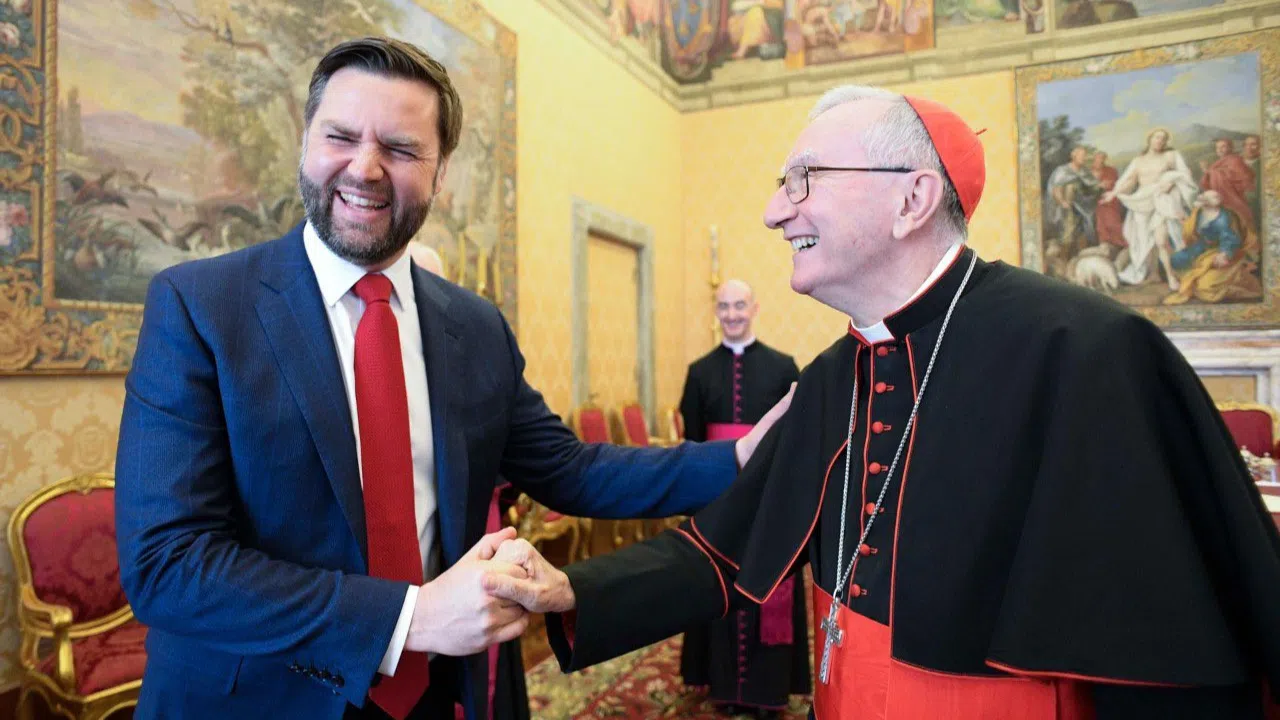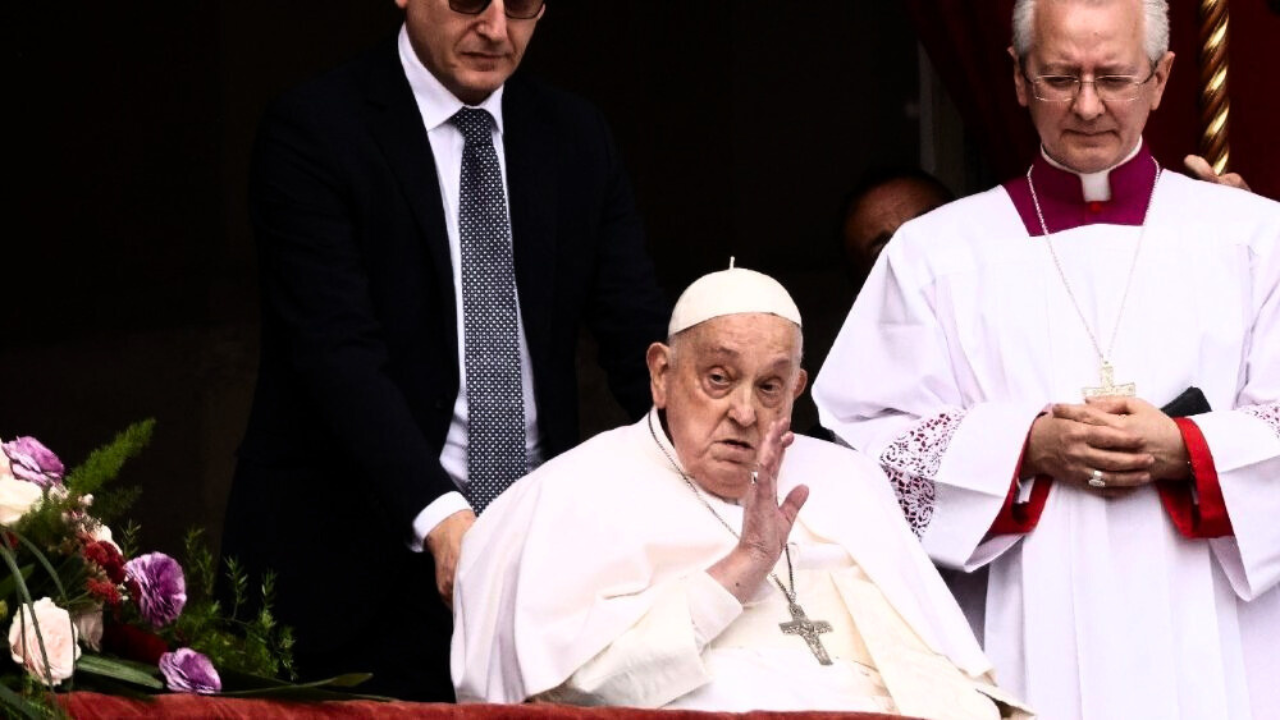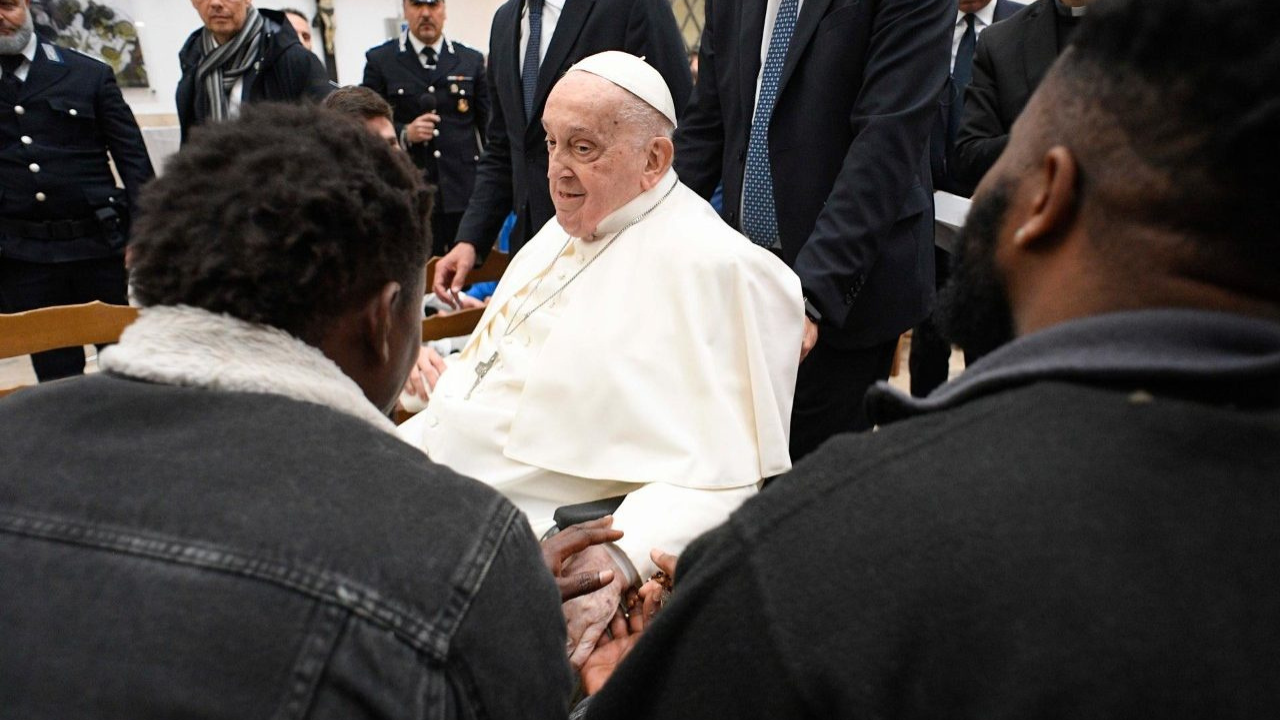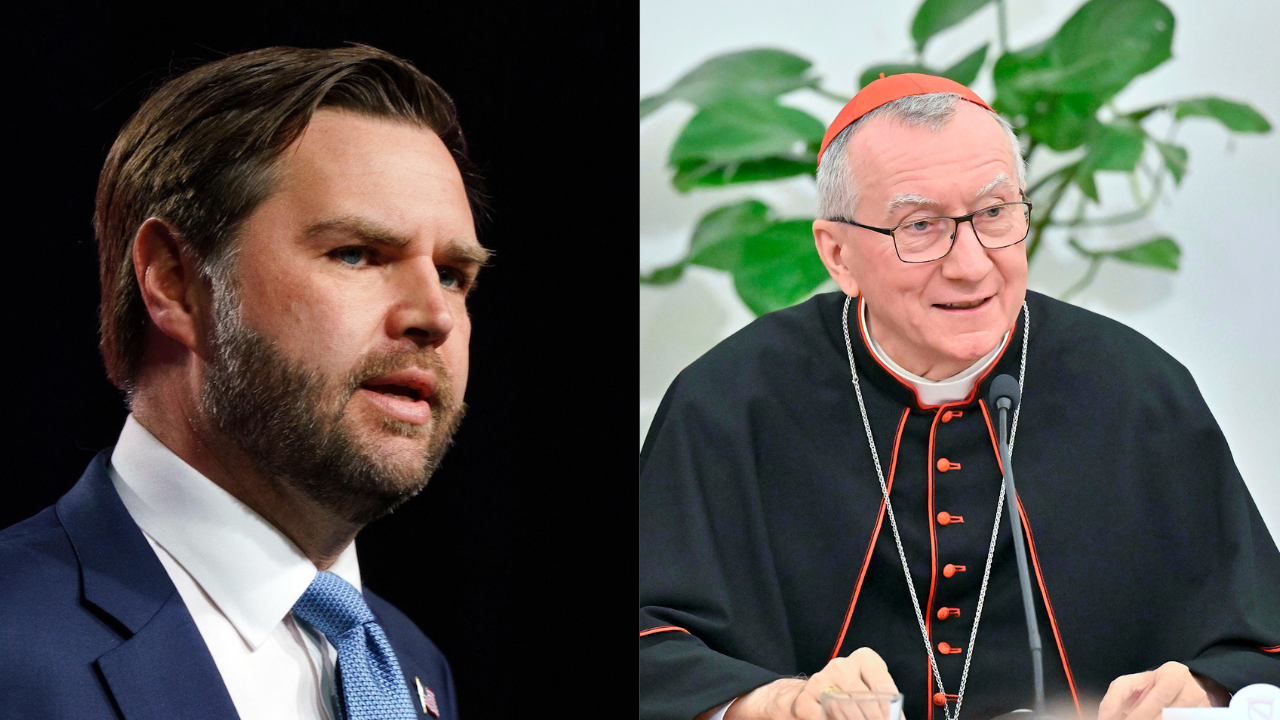For the first time in history, the Vatican has organized a meeting to address obscure organ trafficking and transplant tourism in more than 50 countries from around the world. This is another form of modern slavery that Pope Francis is determined to denounce. Thus, he himself asked the Pontifical Academy of Sciences to organize the congress.
MSGR. MARCELO SíNCHEZ SORONDO
Chancellor, Pontifical Academy of Sciences
'It is part of what the Pope has asked for, and fortunately, the academy has a doctor very interested in the subject. The difference between this traffic and other trafficking is that it cannot be done without the doctors' hands, without the doctors. Therefore, the doctors know the situation well.'
The congress has had an impact on the need to involve doctors in denouncing possible cases and to reinforce their ethical codes.
IGNAZIO MARINO
Surgeon
'The problem is very serious because it is about the exploitation of the person, the dignity of the person. I would call it a crime against humanity.â?
There is growing awareness of the seriousness of trafficking human body parts. For example, in China, past governments have authorized the use of the organs of executed prisoners. Fortunately, it is a practice that is no longer performed, and its ban was applauded by the Vatican.
In fact, one of the leaders of the Chinese government in the matter, Jiefu Huang, attended this meeting. They are small steps towards the normalization of relations between the Vatican and China.
DR. JIEFU HUANG
Former Vice Minister of Health (China)
'This is a very important international meeting because of the noble identity of Pope Francis. I'm a surgeon, I know nothing about the diplomacy, however, this means that Chinese people wish to improve relations with the Vatican.â?
The data speaks for itself. A Pakistani can sell a kidney for $2,000, and that same kidney will cost $80,000 in the United States. The biggest victims of this sinister business are the marginalized.
GUSTAVO VERA
NGO Alameda
'One gets an organ in two months, another takes 8 years, and the difference between two months and 8 years is called money. To the extent that the organs become a commodity within a system, as Pope Francis calls, of unbridled consumerism. What we are going to have is a vulnerable population.'
Donors and recipients are victims. 'Tourists' traveling to other countries to obtain organs do not have health insurance guaranteed and 7 out of 10 develop serious infections.
According to the World Transplantation Register, in 2015, 119,873 organs were transplanted worldwide. The World Health Organization estimates that each year 10,000 of these transplants are performed illegally.
AQ / AC
AA
SV
-PR
Up:JRB
